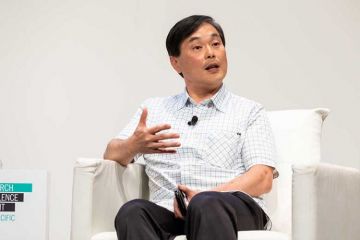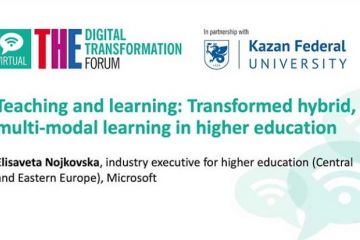A treason case brought against a physicist who signed a 10 million rouble (£240,000) contract to sell satellite technology to the Chinese has highlighted the risks impoverished Russian scientists run in seeking to capitalise on their work.
Valentin Danilov, head of the thermophysics centre at Krasnoyarsk State Technical University in Siberia, has been held in custody since his arrest in February on charges that he tried to sell state secrets to the Chinese Aerospace Corporation.
The federal security service (FSB) has accused Mr Danilov of treason by passing data that would have allowed China to "significantly cut the amount of time and money spent on the development and creation of spacecraft", posing a risk to Russian military security.
The fact that Mr Danilov's research was declassified in 1992 and that similar information is openly available in scientific literature has cut no ice with the FSB.
His case follows that of Igor Sutyagin, a researcher at Moscow's US and Canada Studies Institute. Mr Sutyagin was charged with treason two years ago for selling analysis of military information, although his reports were based on newspaper and magazine articles.
The FSB claimed his study into Russian military and civilian relations, commissioned by two Canadian universities and funded by Canada's defence ministry, was a cover for espionage. His case is due to resume on December 25.
Daniel C. Mattis, professor of physics at the University of Utah and chair of the committee on the international freedom of scientists of the American Physical Society, has written to Russian president Vladimir Putin on Mr Danilov's behalf. "Danilov's research was declassified in 1992... If such research was indeed secret and could damage Russia's external security... the information would not have been declassified.
"It is difficult to understand how he could be accused of providing 'state secrets', especially when our Chinese colleagues have had access to the same information for almost a decade through publicly available scientific literature."
Alexander Pikayev, scholar in residence at the Carnegie Endowment for International Peace in Moscow, said the Sutyagin case was being watched closely by the international community but that there were clear differences from the Danilov case. "Selling satellite technology that is not authorised through official export mechanisms is a different issue from selling analysis," he said.
Register to continue
Why register?
- Registration is free and only takes a moment
- Once registered, you can read 3 articles a month
- Sign up for our newsletter
Subscribe
Or subscribe for unlimited access to:
- Unlimited access to news, views, insights & reviews
- Digital editions
- Digital access to THE’s university and college rankings analysis
Already registered or a current subscriber?







